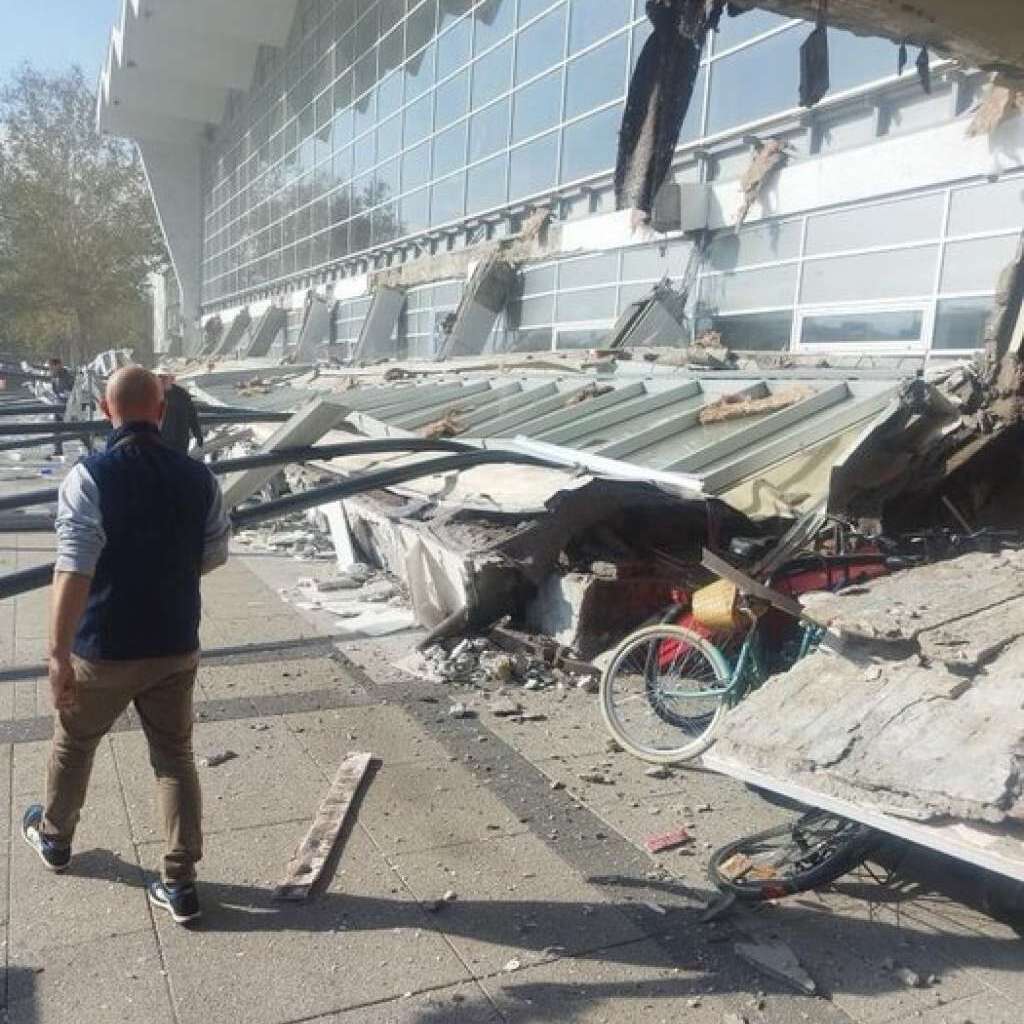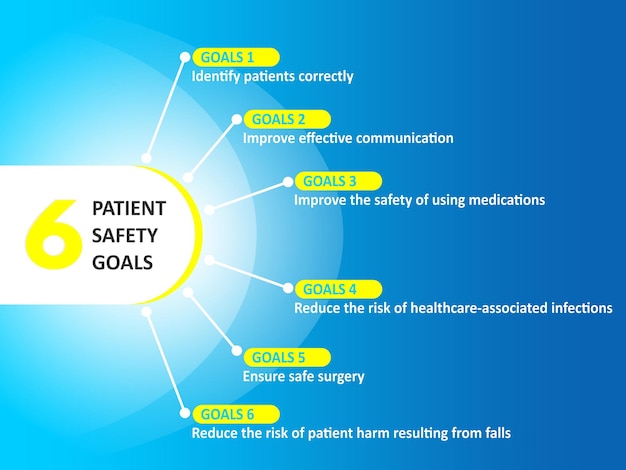
Introduction
In recent months, the United Kingdom has seen a series of strikes by resident doctors as they advocate for better working conditions and fair pay. The strikes have drawn significant attention, not only for their immediate impact on healthcare services but also highlighting the ongoing struggles faced by medical professionals in the National Health Service (NHS). With healthcare systems in crisis and patient care at stake, understanding the reasons behind these strikes is crucial.
The Causes of the Strikes
The strikes, orchestrated by the British Medical Association (BMA), have emerged primarily due to long-standing grievances regarding pay, working hours, and overall conditions within the NHS. Many resident doctors report feeling overworked and underappreciated, with some citing burnout and fatigue as major concerns. In July 2023, the BMA declared a vote for strike action following negotiations that failed to yield satisfactory results, particularly regarding junior doctors’ pay structures, which many argue have not kept pace with inflation.
Key Events and Developments
On September 1, 2023, the resident doctors initiated a two-week strike, resulting in the cancellation of thousands of elective procedures and appointments. Hospitals across England were significantly affected, with emergency services stretched thin as staff struggled to cover shifts. Reports indicated that while emergency departments were still operational, the long waits for urgent care intensified as a direct consequence of the reduced workforce.
In response, health officials and government representatives have urged physicians to consider the impact their strikes have on patient care. The Health Secretary addressed the unions, stating, “While we understand their concerns, we must also consider those who depend on our services and the implications of continued industrial action.” However, resident doctors continue to assert that improved conditions are essential for the sustainability of healthcare services.
Conclusion and Future Outlook
The ongoing resident doctors strikes illustrate a crucial tipping point for the NHS in the UK. As negotiations continue, the situation remains dynamic, with both sides needing to find common ground to avoid further disruptions. The need for systemic change in the NHS has never been more apparent, and a resolution could pave the way for essential reforms in healthcare staffing and support. For readers, the evolution of these strikes not only impacts those within the medical profession but also directly affects patients seeking care. It serves as a critical reminder of the foundations of the NHS, built on the dedication of its workforce, and the need for supportive policies to sustain its future.
You may also like

Understanding the Impact of the Novi Sad Tragedy

The Importance of Patient Safety in Modern Healthcare
